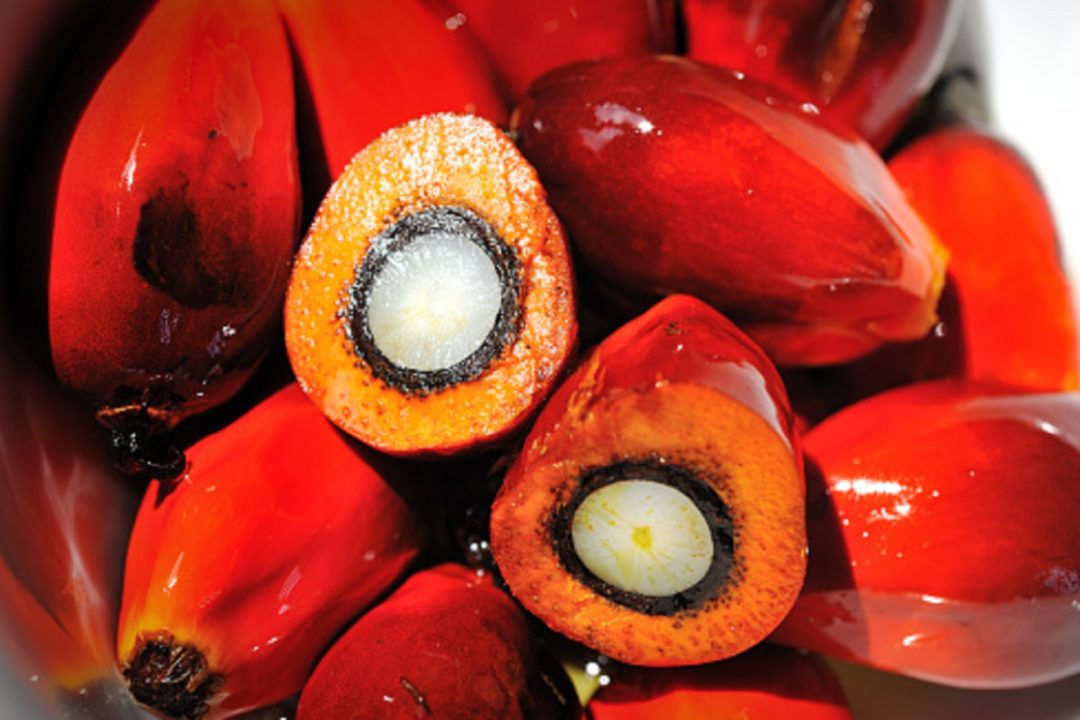
Research Shows Tocotrienols from Palm Reduces Oxidative Stress and Neural Cell Damage

Results showed, following histopathological examination in the region of hippocampus, that the treated group and sham control group has similar characteristics in neural cells and demonstrated less neuronal cell damage than the untreated group. Levels of biomarkers of oxidative stress and lipid peroxidation were also measured, specifically F2-isoprostanes (F2-IsoPs). The untreated group had the highest concentration of this biomarker while the treated group had significantly lower levels.
"Although antioxidants act as nonspecific neuroprotectants and do not target specific pathological events, they are highly effective, and further investigations may lead to a more effective application of antioxidants," write the researchers. "It will be of interest to know how antioxidants can interfere with signal transduction mechanisms. As long as specific interventions are not available, vitamin E tocotrienol could play an important role in the prevention and remedy of OS-induced conditions including [Alzheimer’s]. What is striking is that this neuroprotective effect was exhibited by a nutrient known to be safe for human consumption."
"This study adds to the compelling body of science on the effectiveness of tocotrienols in neuroprotection and is in line with past research studies using EVNol™ / EVNol SupraBio™ vis a vis attenuation of white matter lesions, an independent risk factor for stroke (pre-stroke) and reducing stroke-induced injuries (post-stroke)," says Ms. Diyanah Roslan, Nutritionist at ExcelVite, in a press release.

The editorial team at WholeFoods Magazine has decades of experiences reporting on natural products industry news, trends, and more. This national, monthly business-to-business magazine has been published continuously for nearly 40 years (the magazine was founded in 1977, and has been owned by Wainer Finest Communications since 1984). It is the longest-tenured media outlet of its kind in the natural products industry. The editorial focus at WholeFoods Magazine is, and always has been, on informing and educating members of the natural products industry.
The Magazine
Information
About Us
NOTE: WholeFoods Magazine is a business-to-business publication. Information on this site should not be considered medical advice or a way to diagnose or treat any disease or illness. Always seek the advice of a medical professional before making lifestyle changes, including taking a dietary supplement. The opinions expressed by contributors and experts quoted in articles are not necessarily those of the publisher or editors of WholeFoods.







